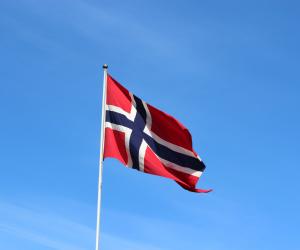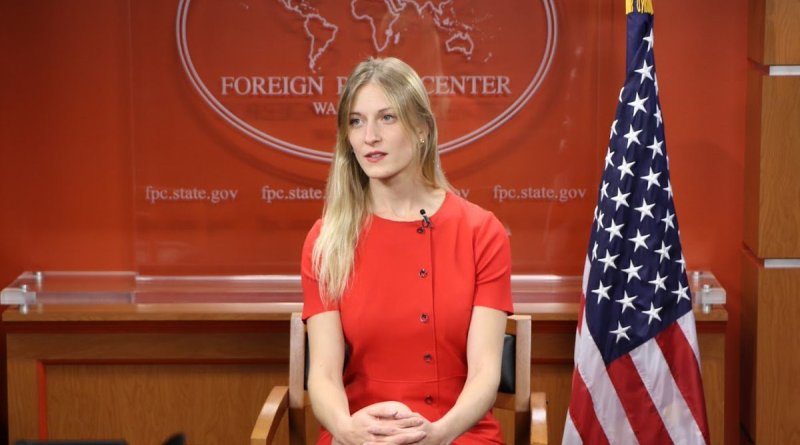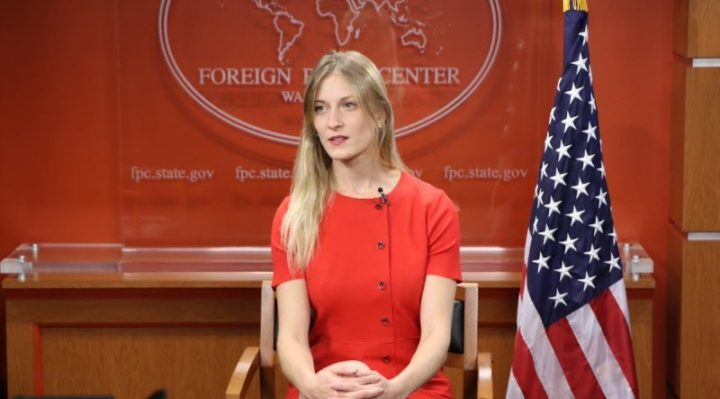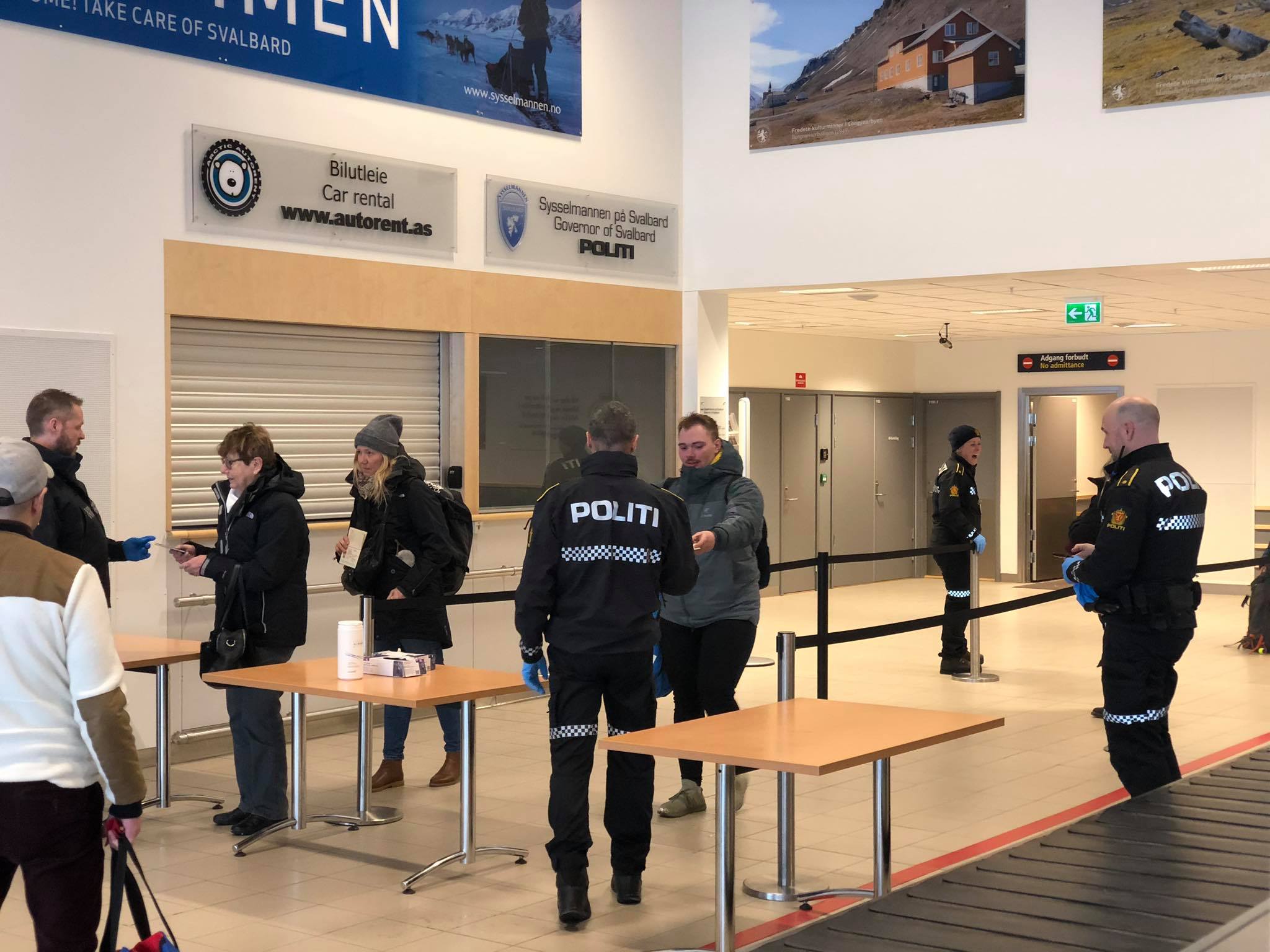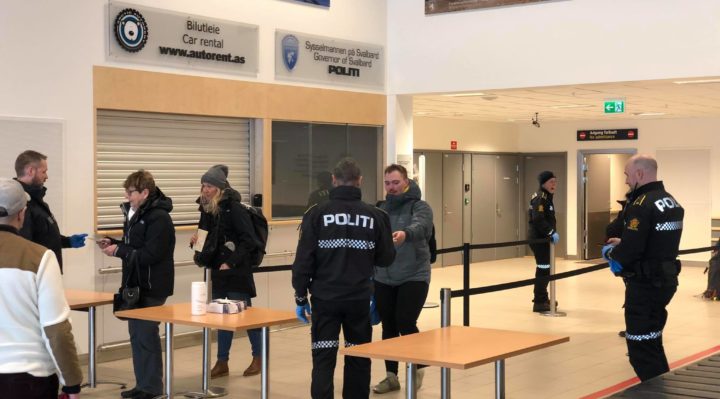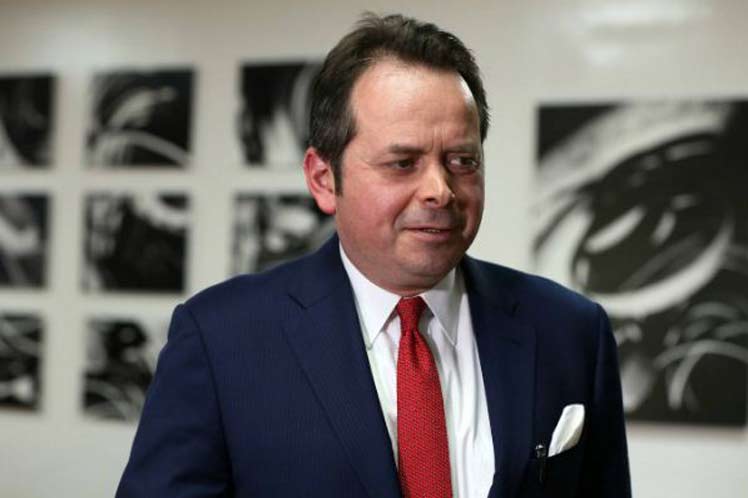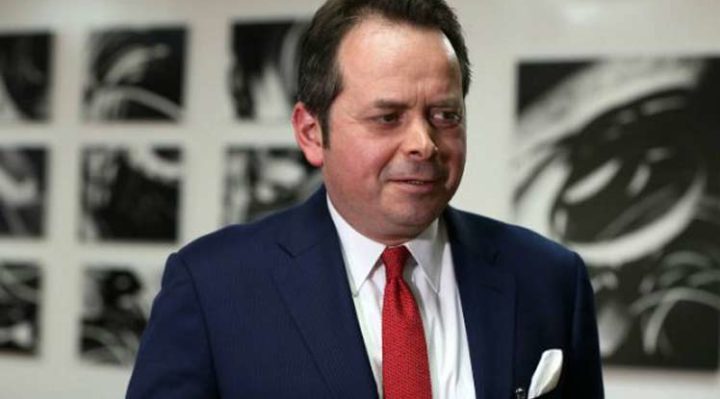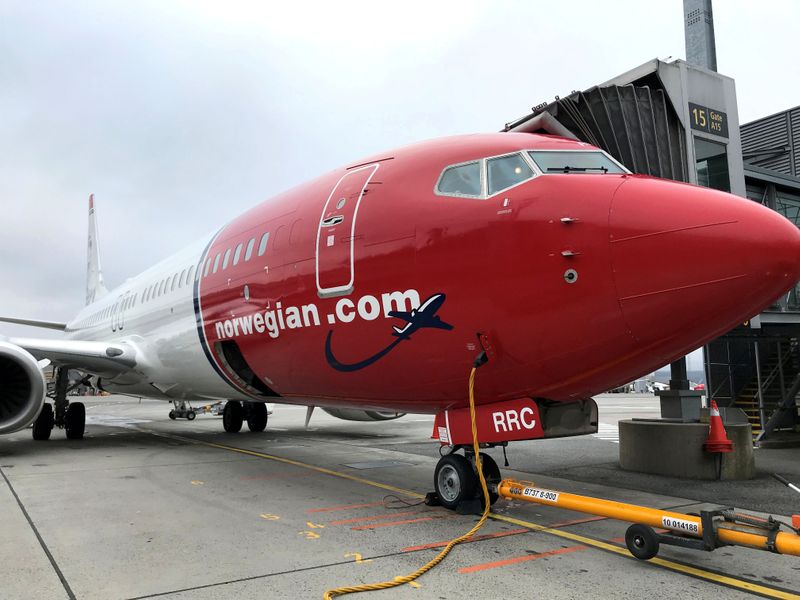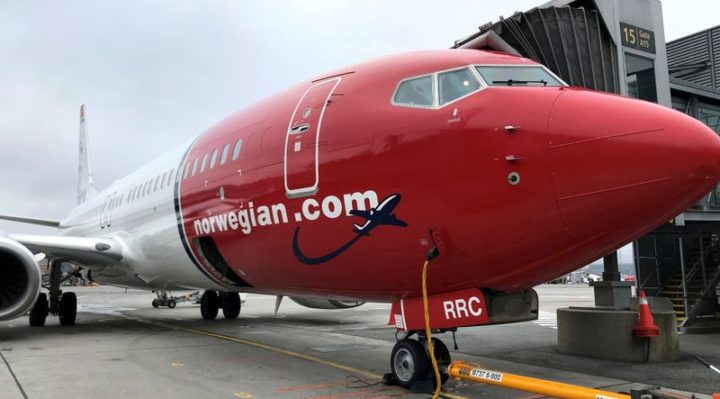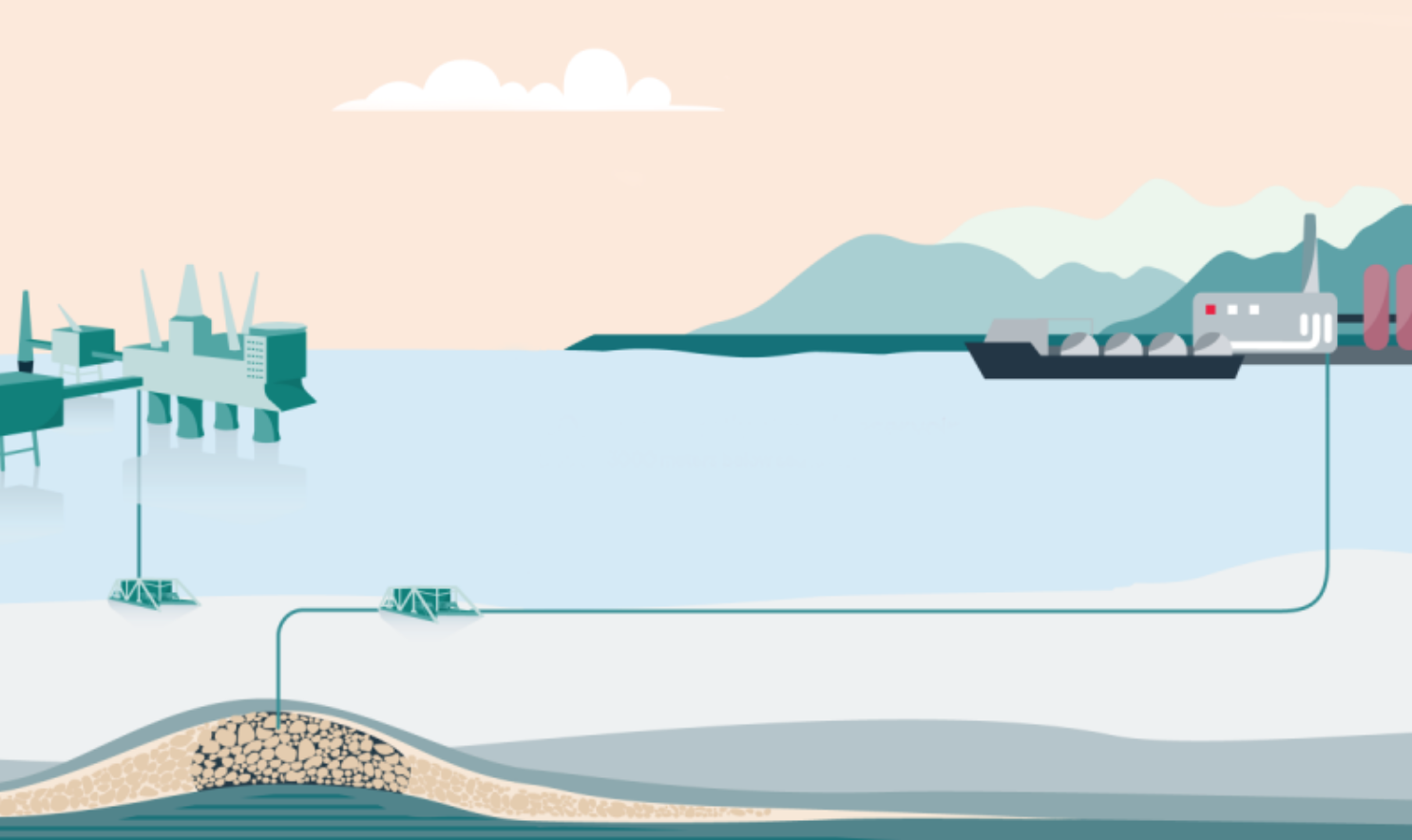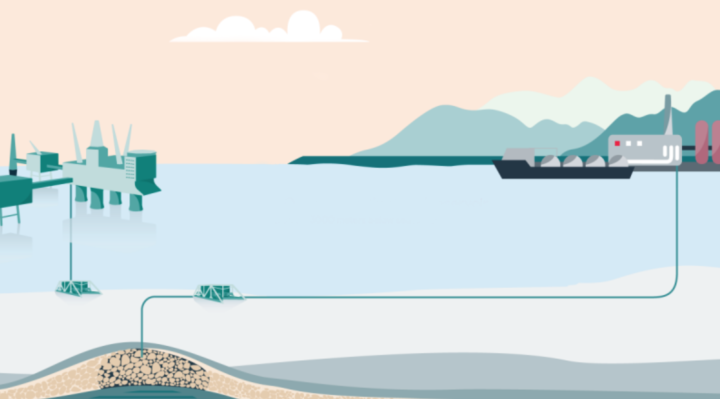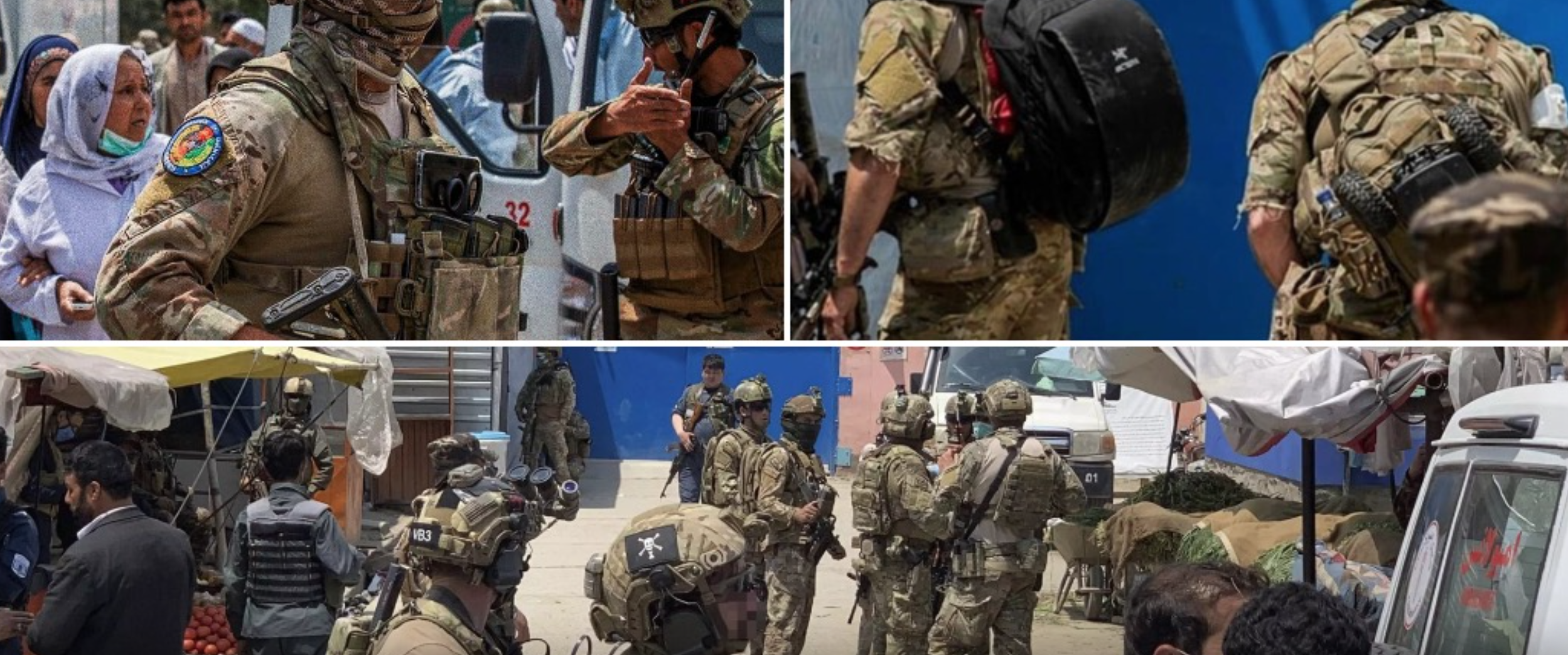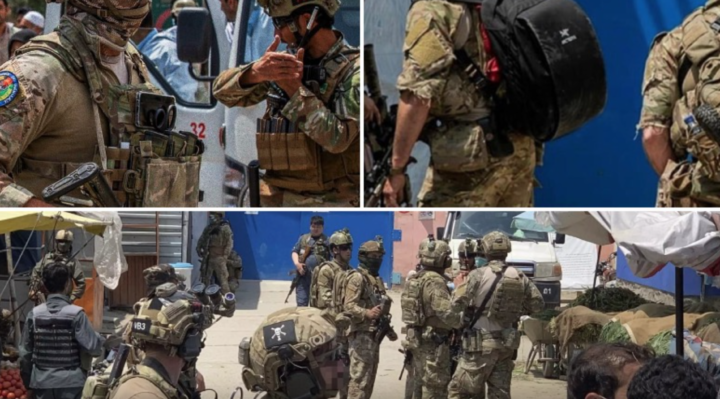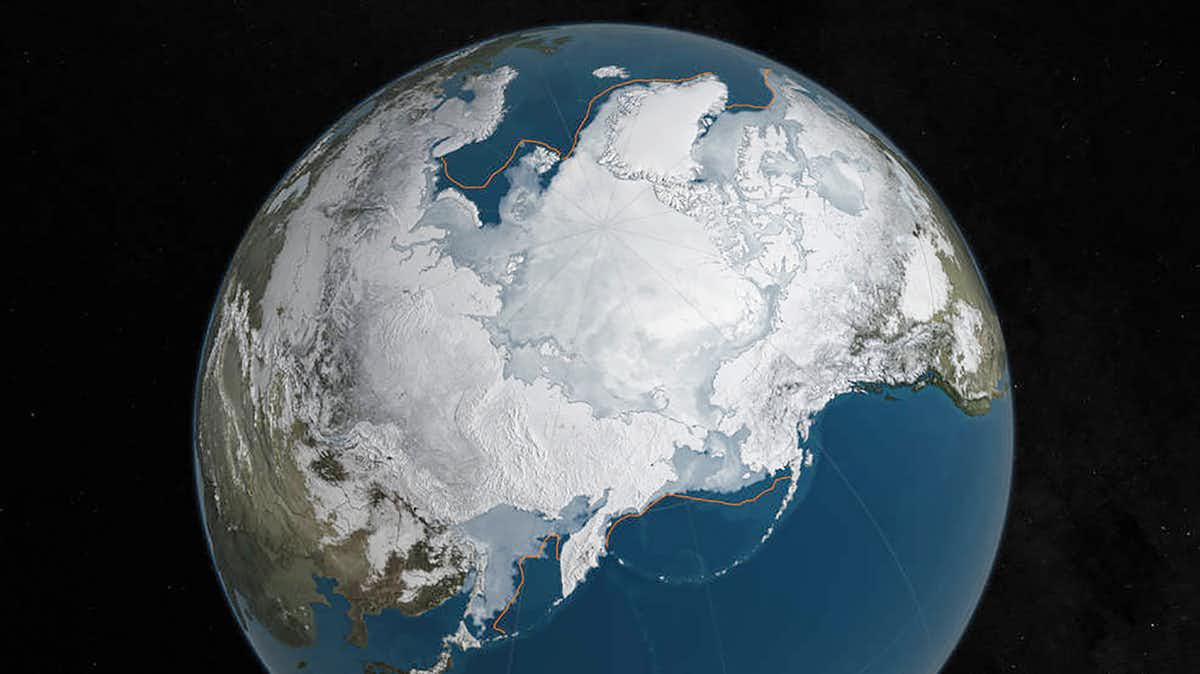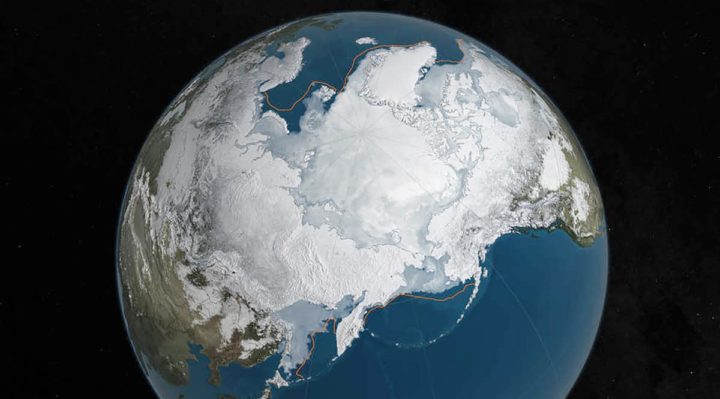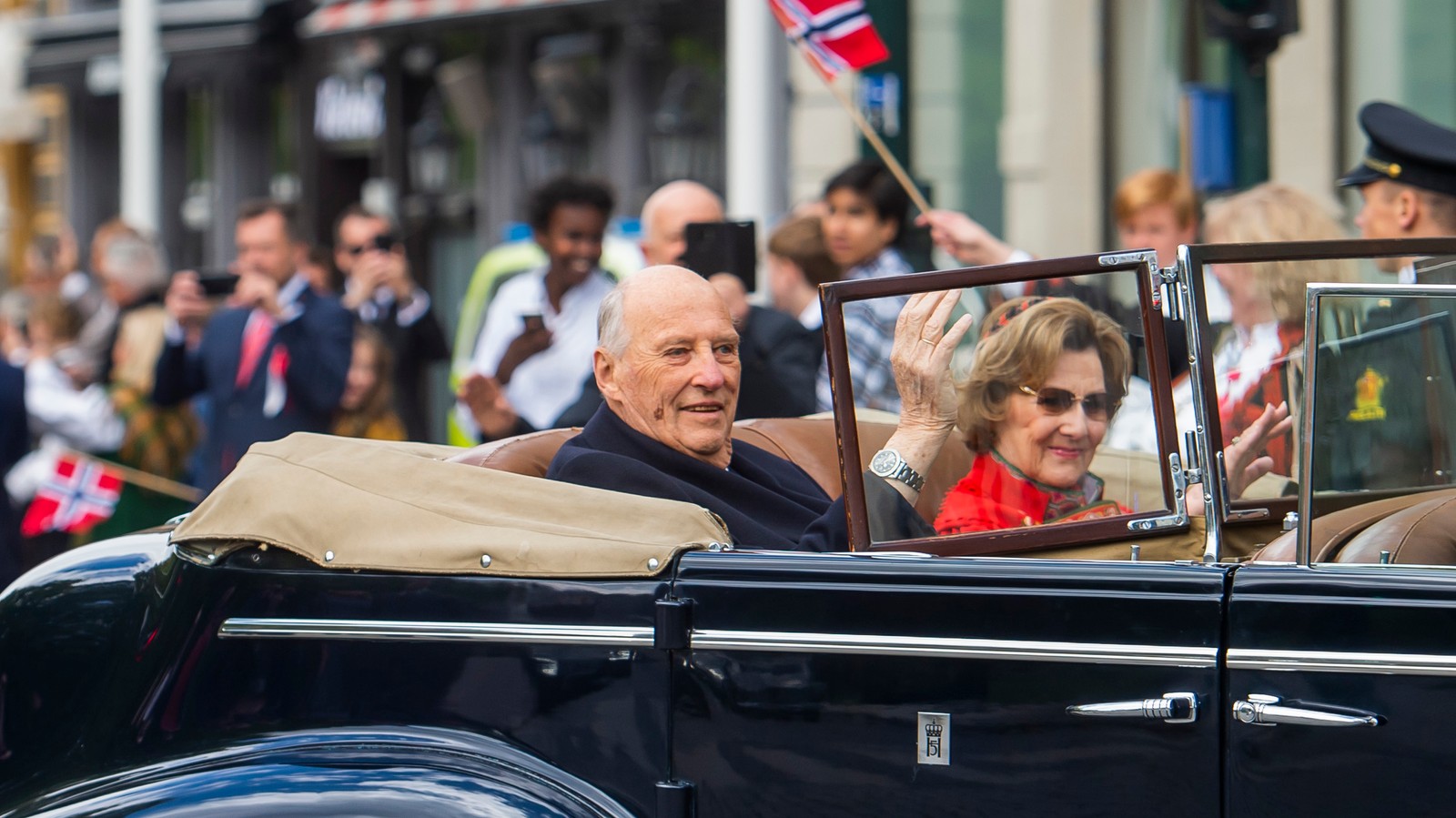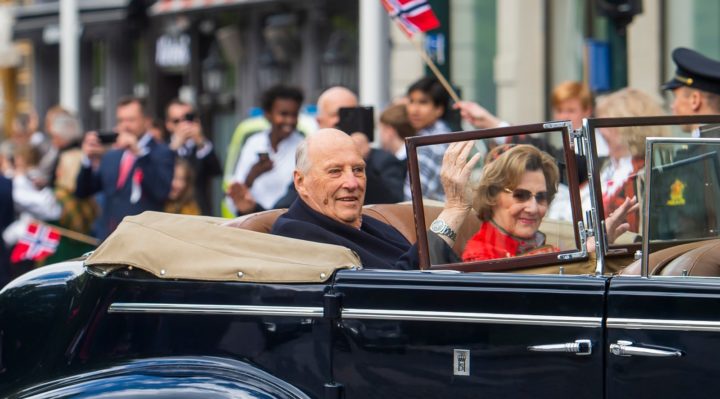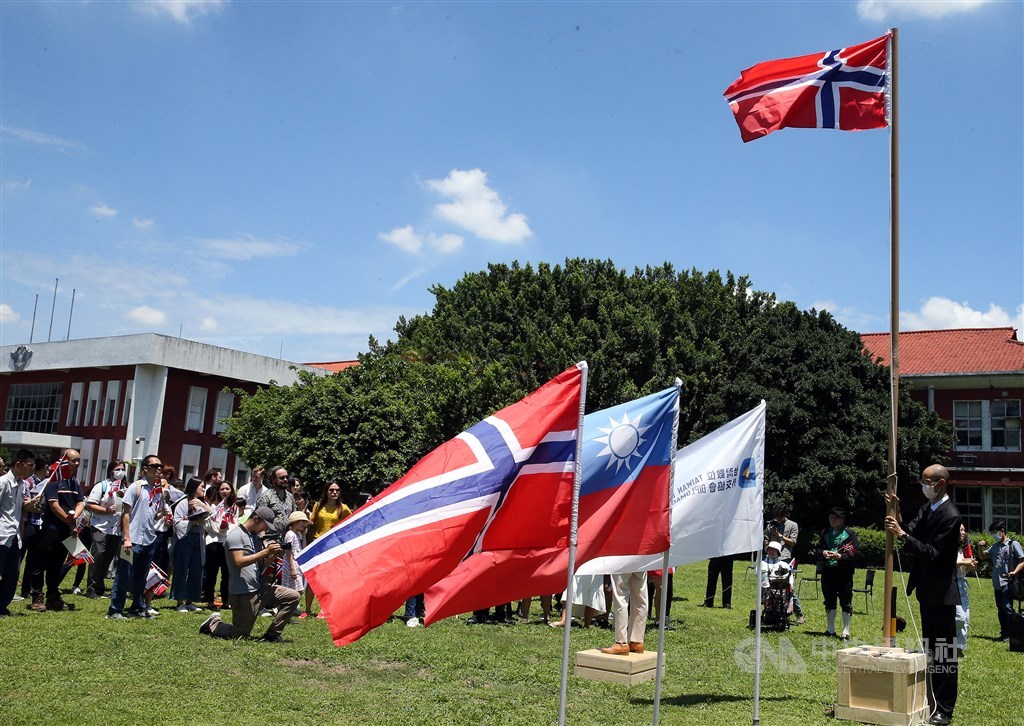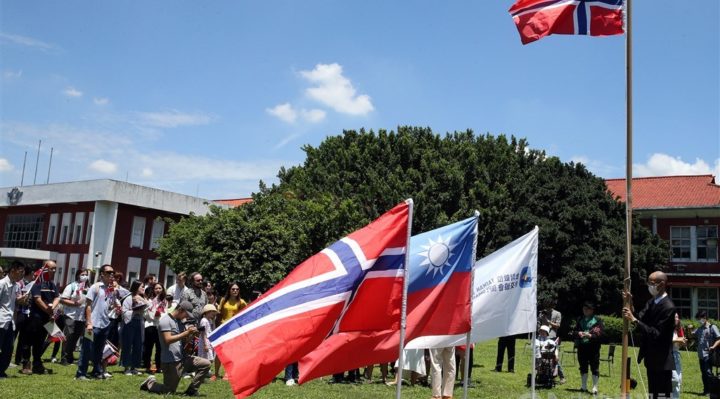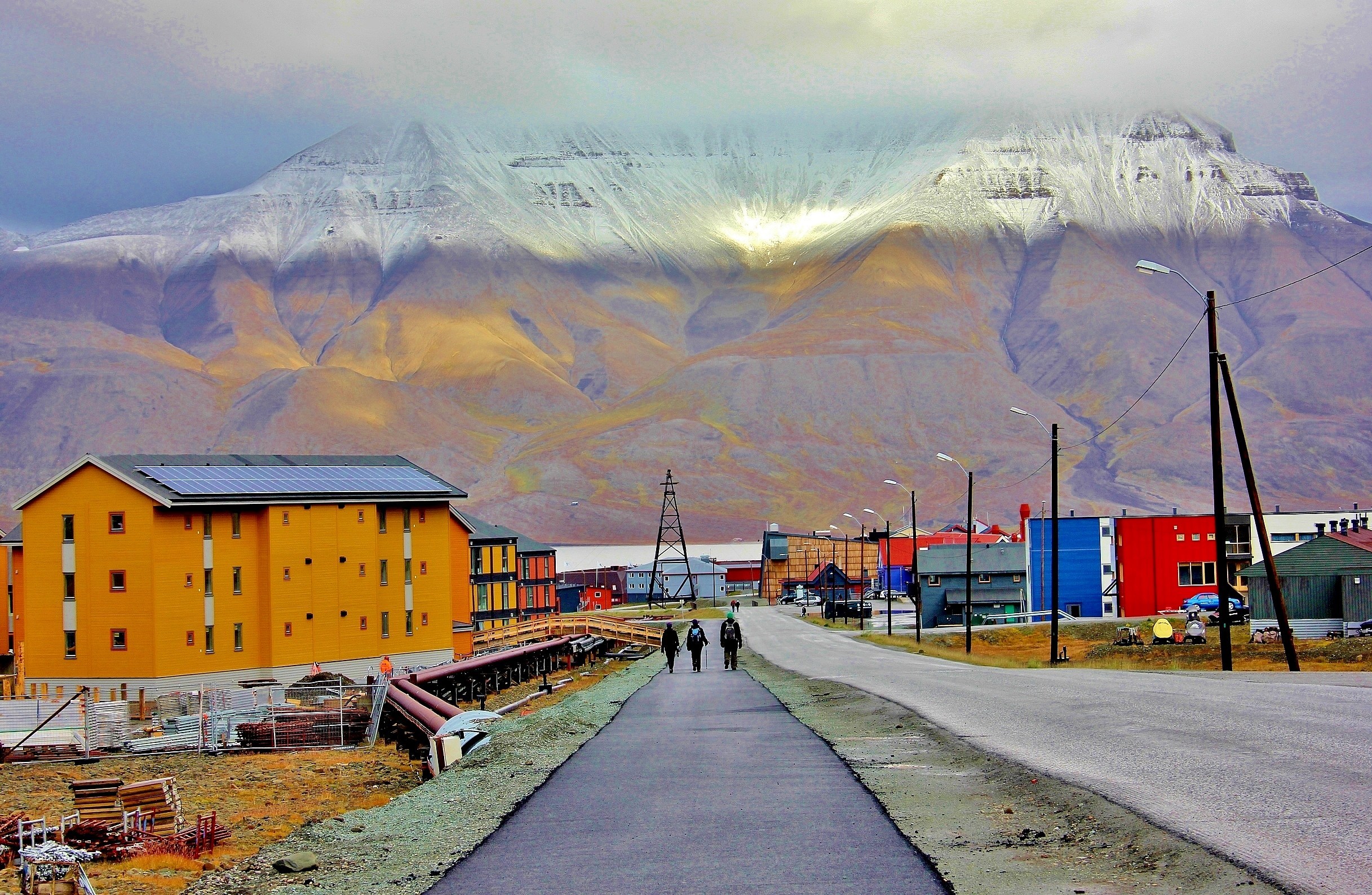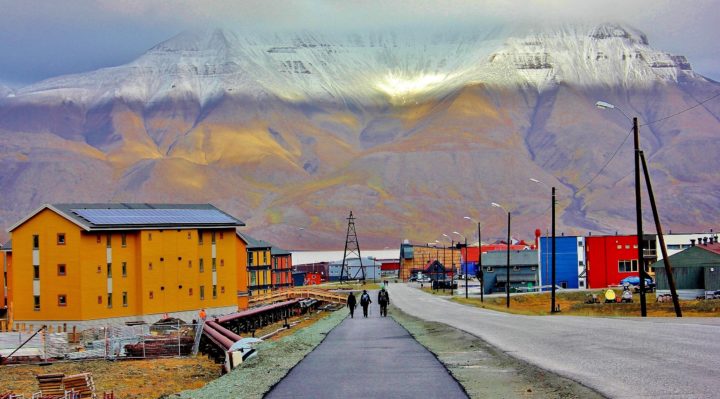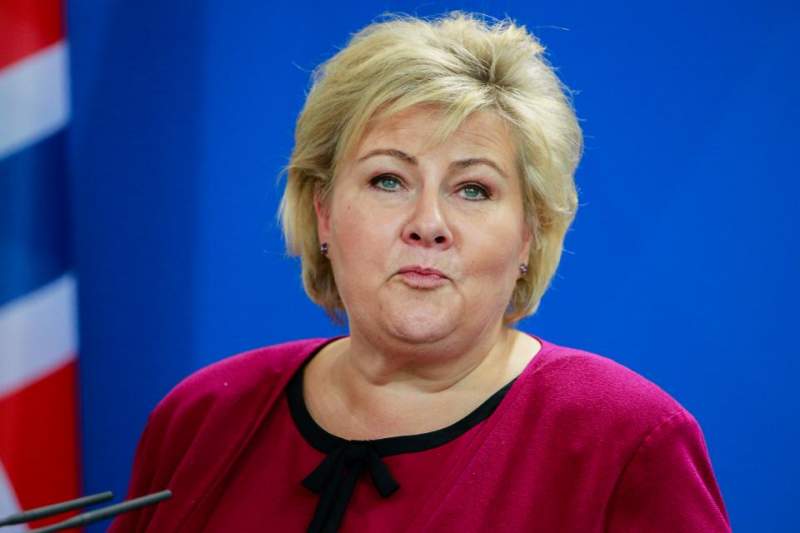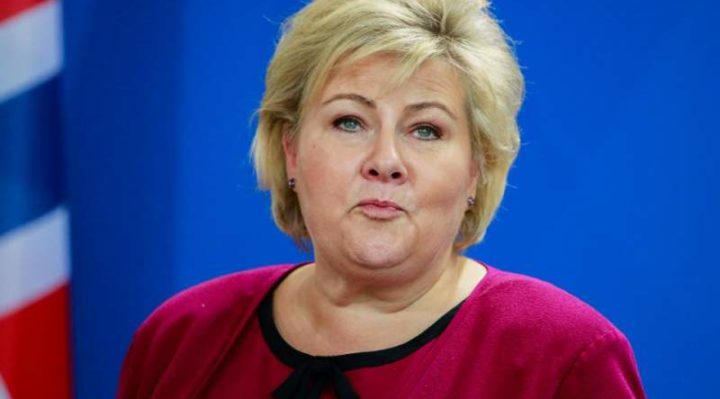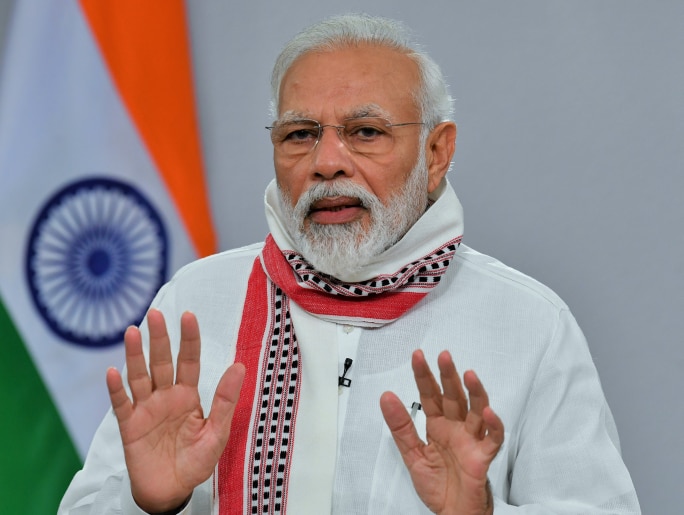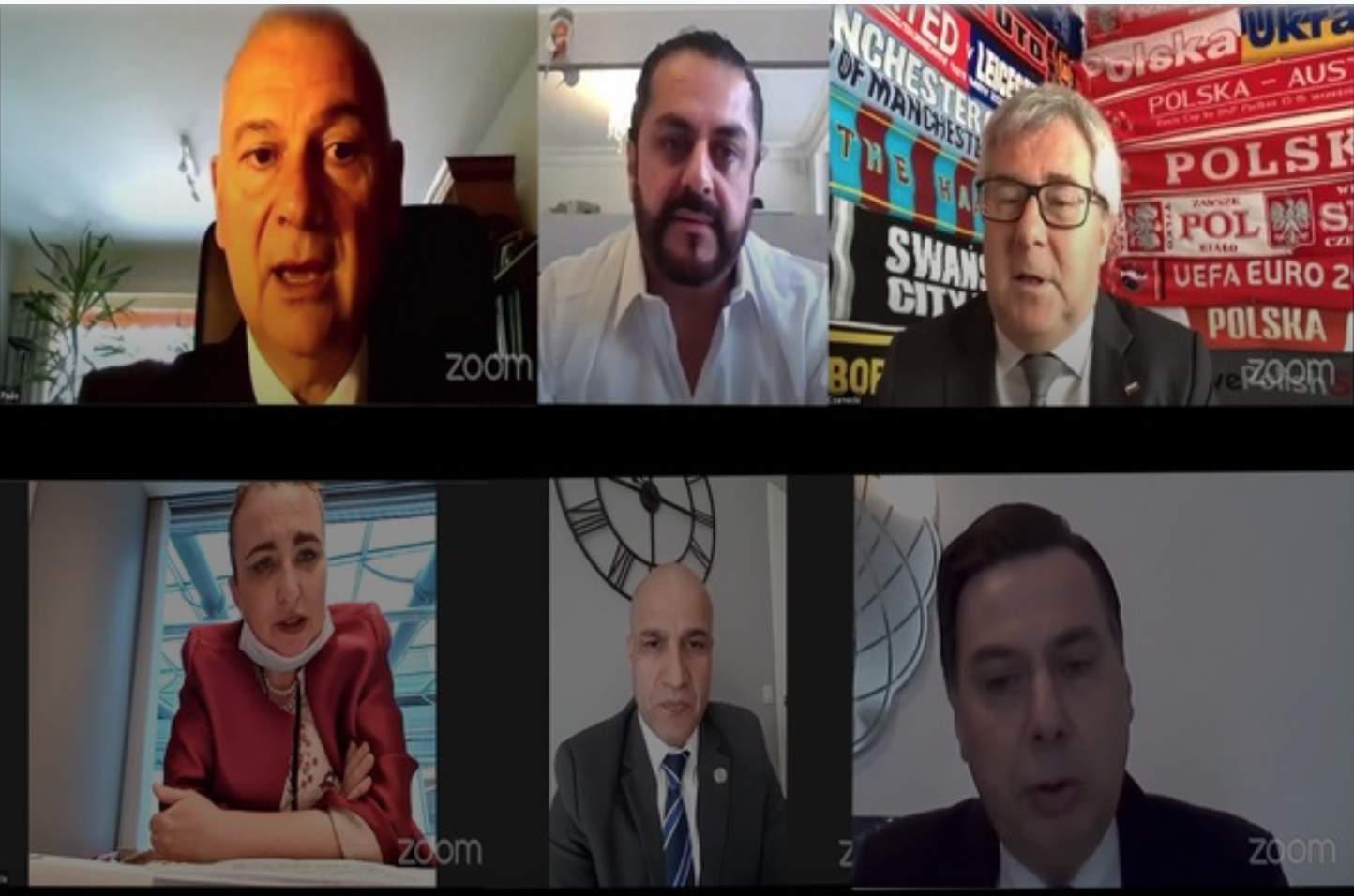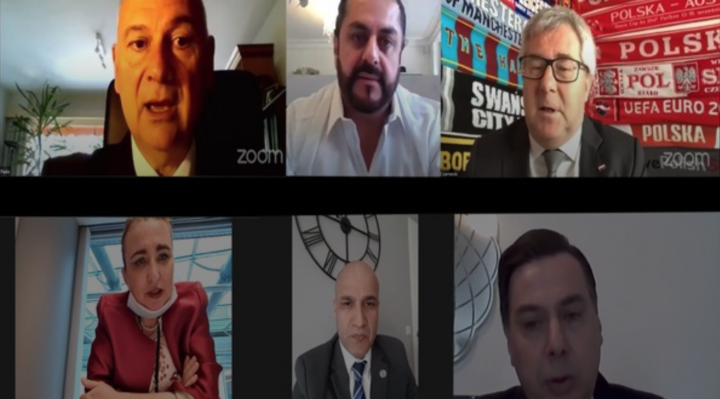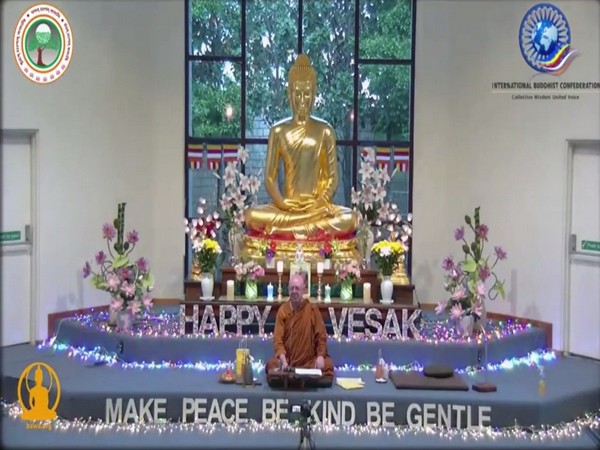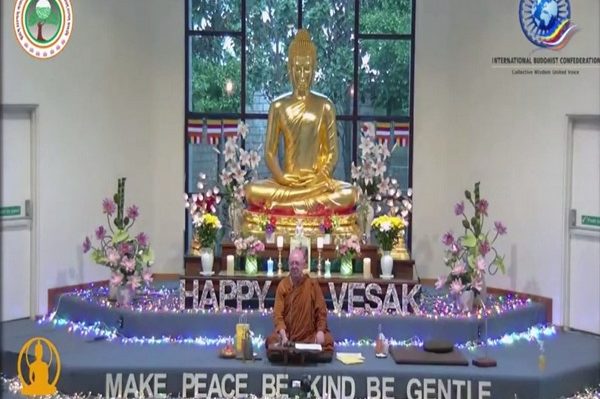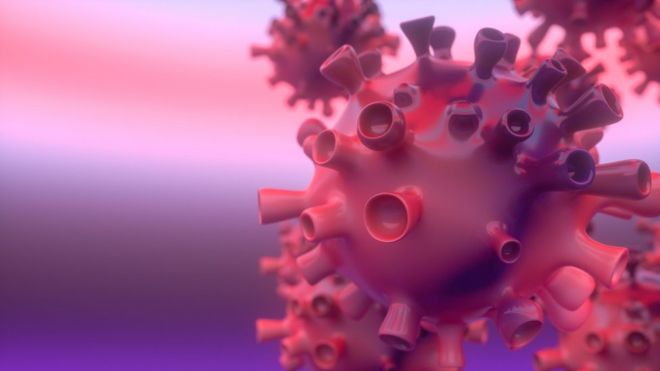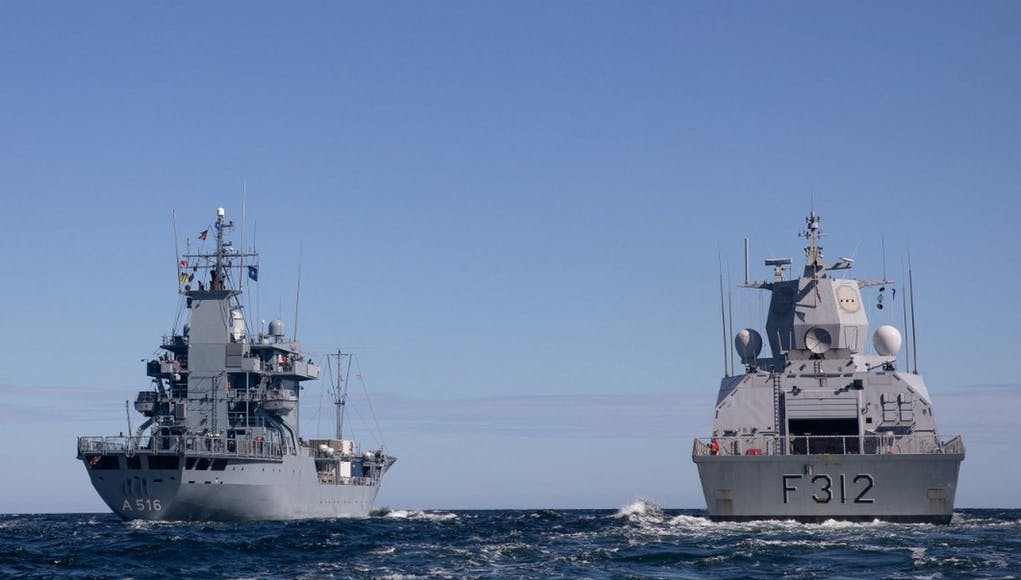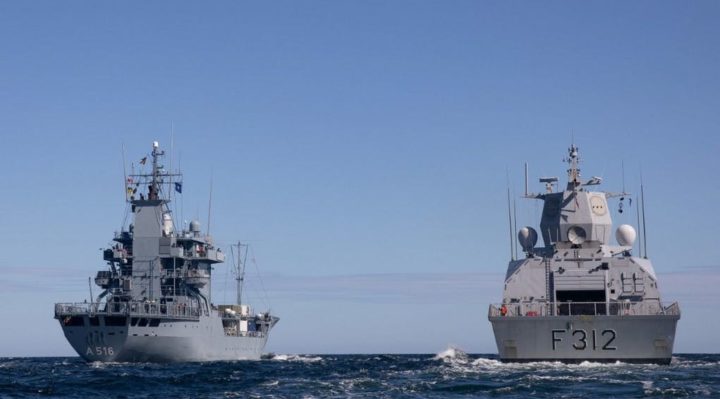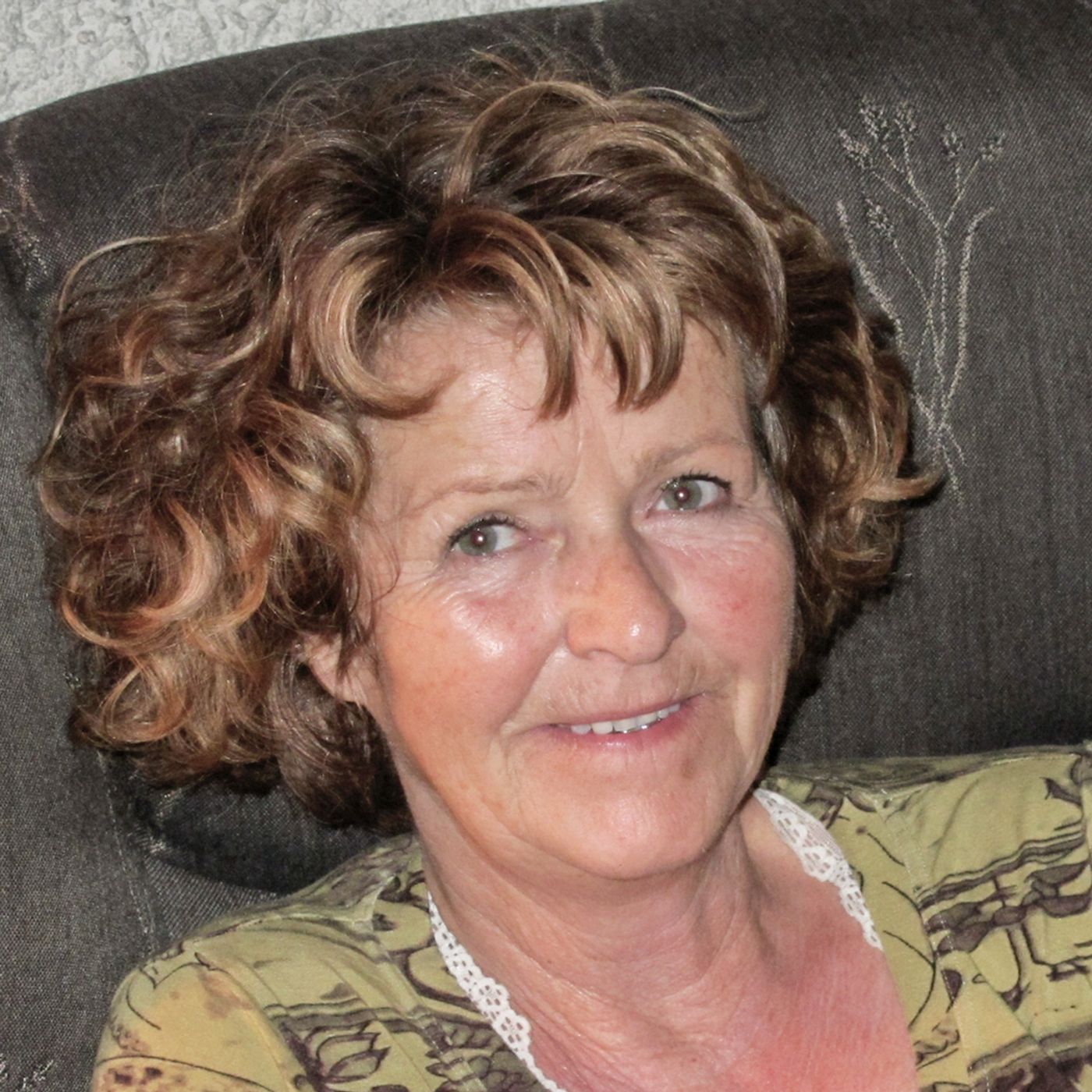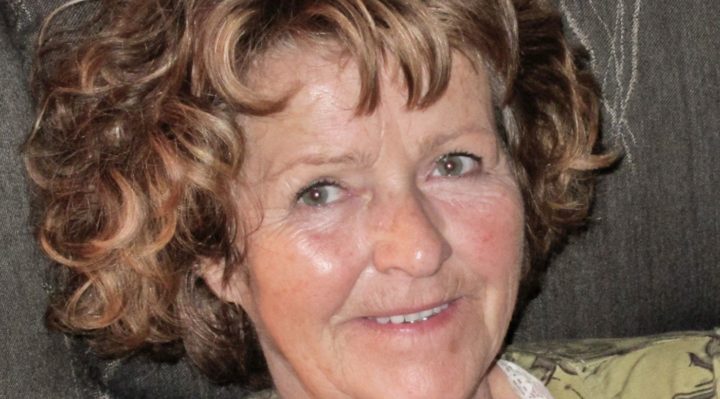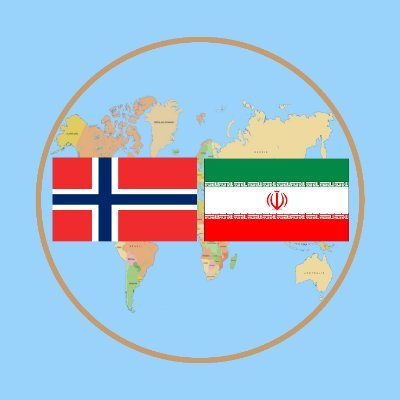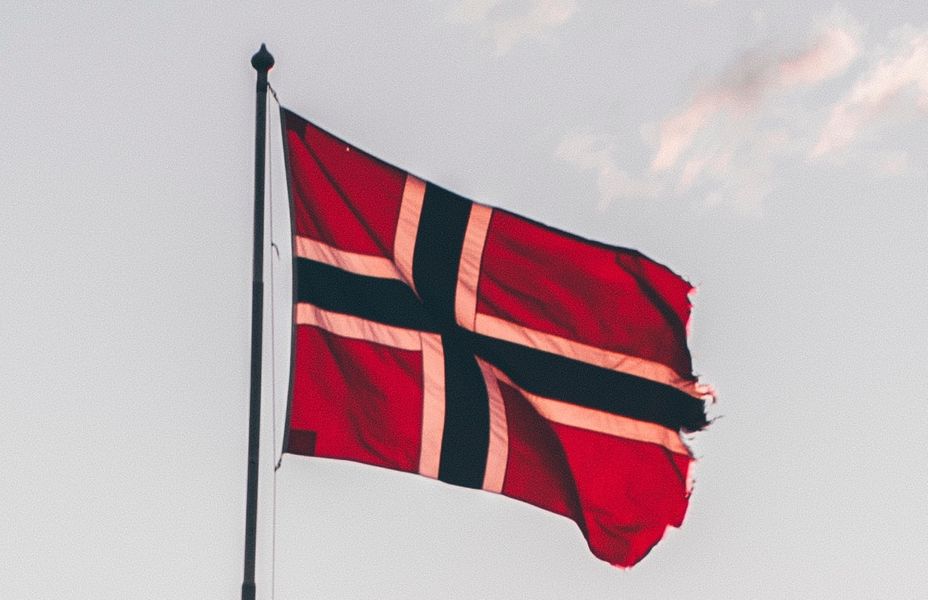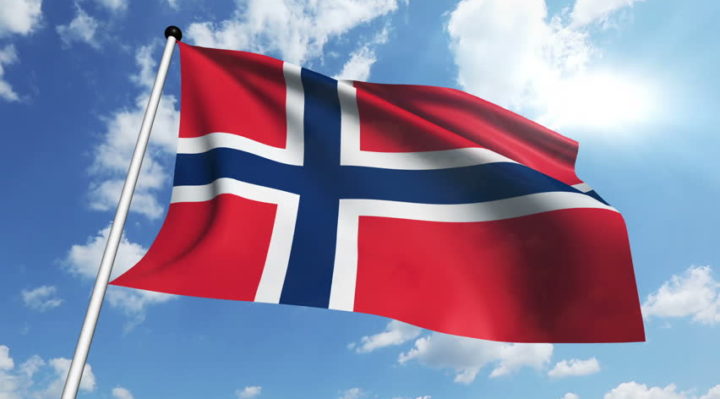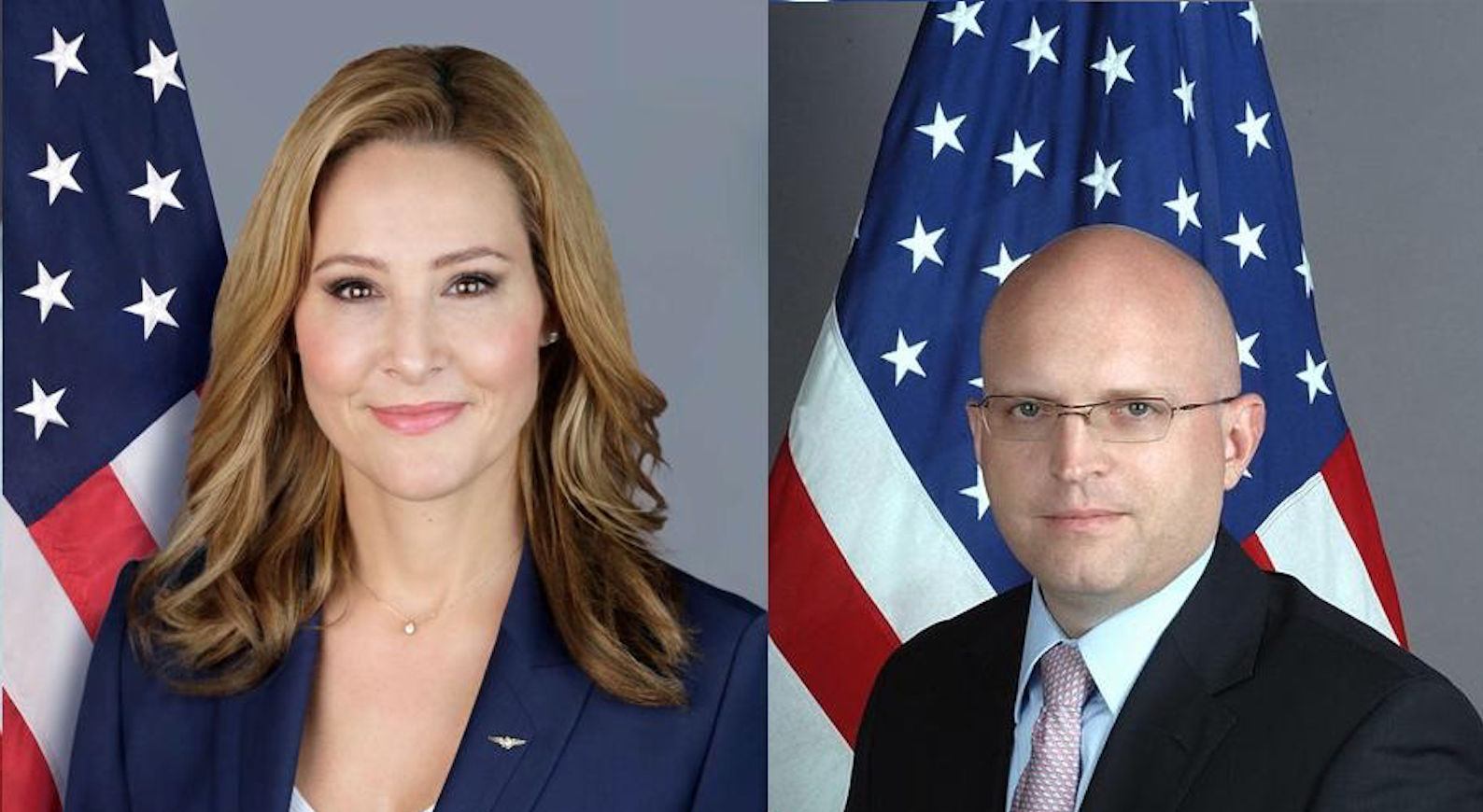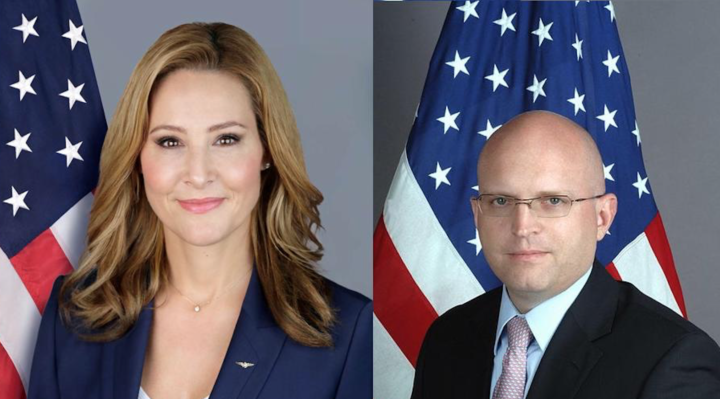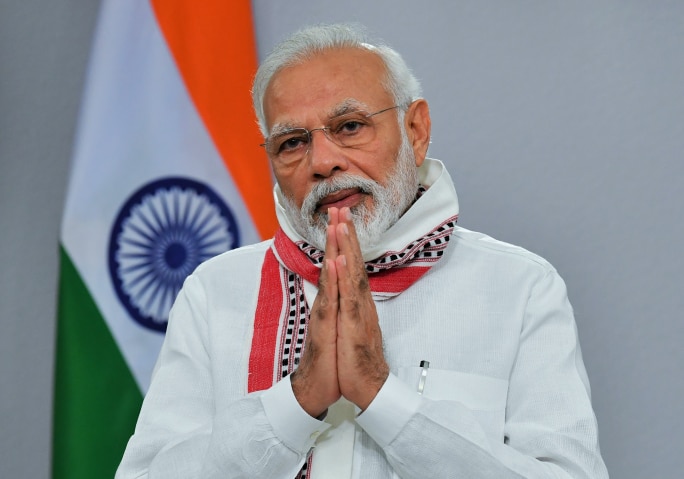Maritime Developments (MDL) has executed transpooling of 64 kilometres of MEG coiled tubing for subsea contractors Ocean Installer and DeepOcean.
The operation consisted of transpooling MEG injection lines from 28 Tenaris transportation reels onto seven offshore installation reels.
MDL project managed and engineered the complete operation for two separate subsea installation projects.
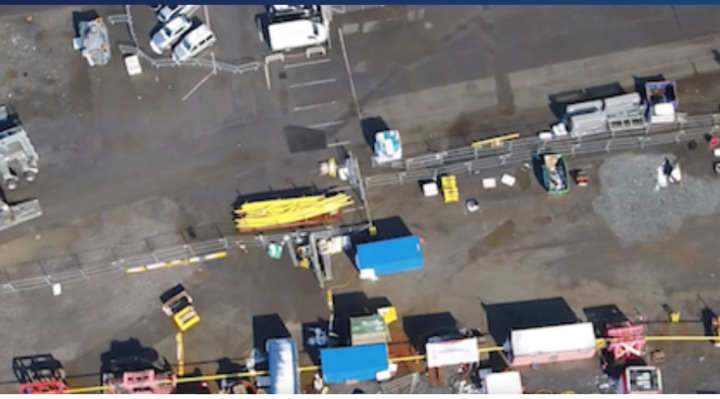
The MDL transpooling spread consisted of second-generation RDS for handling the installation reels, 150Te RDS for handling the transportation reels, two 2-track pipelay tensioners to ensure controlled constant tension to protect the product, a pipe straightener, deck deflectors, roller assemblies and winches.
Client-contracted welding, NDT and field joint coating equipment and services supplemented the spread.
This allowed the company to optimise the equipment layout to provide tie-in weld services.
The equipment provided control during onshore spooling, with MDL tensioners also providing control for tie-in weld in the firing line.
MDL‘s facility in Scotland carried out straightening trials prior to the operation in Norway.
Steven Morrison, MDL’s project engineering manager, said:
“This has been a great project for MDL, as we offered and executed a true value-adding package for two clients during a single mission, against the backdrop of the ongoing pandemic and the associated travel and personnel restrictions.
“This was also a great example of collaboration for cost efficiencies in a challenging market.
“Even though the products were destined for two different fields, our clients worked together to deliver a single transpooling campaign.


